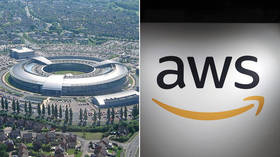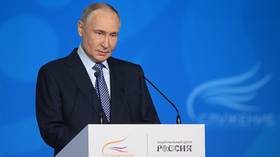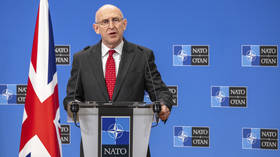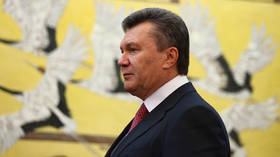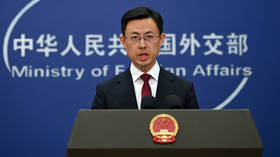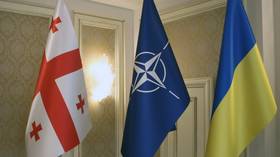Spy chiefs who disclose secrets to media should face sanctions, watchdog says
Former spymasters who become media “talking heads” need to be under added scrutiny to ensure they don’t reveal state secrets, the UK Parliament’s intelligence watchdog has said. It called for top spies who do so to be punished.
In its annual report on Friday, the Intelligence and Security Committee (ISC) expressed “concern” over such disclosures. The MPs specifically referred to former Government Communications Headquarters (GCHQ) director Robert Hannigan providing “operational details” to a 2019 Channel 4 documentary about efforts to track and kill UK-linked Islamic State (IS, formerly ISIS) executioner ‘Jihadi John’ (real name Mohammed Emwazi).
According to the report, Hannigan, who headed the spy agency between 2014 and 2017, spoke without getting prior approval about how Emwazi used “encryption products” to hide his whereabouts. He also revealed that agencies had identified him by his distinctive “size, his hands and above all his voice.”
Noting that “no substantive action” was taken against Hannigan for the “apparent breach of the Official Secrets Act,” the ISC said “further thought and scrutiny” was needed about the obligations of ex-spies, since it appeared they could “breach” their responsibilities with “no sanctions resulting.”
It sends entirely the wrong message to those who may be tempted to breach those obligations themselves, and to those who risk their lives to protect them.
However, the ISC’s criticism prompted warnings from Ciaran Martin, a former head of GCHQ off-shoot National Cyber Security Centre, about the risk of “pushing debate and public discussion” about intelligence and security matters “back into the shadows.”
Martin told Sky News that it was possible to balance “healthy... public debate” about intelligence issues without “compromising” operations, pointing to how the work of former spy community members in academia was seen as a “national asset” in the US.
Meanwhile, an unnamed government spokesperson told the outlet that they were confident the Hannigan episode was “handled appropriately at the time” – adding that it was “properly investigated, and that appropriate action was taken, with due respect of relevant legislation.”
